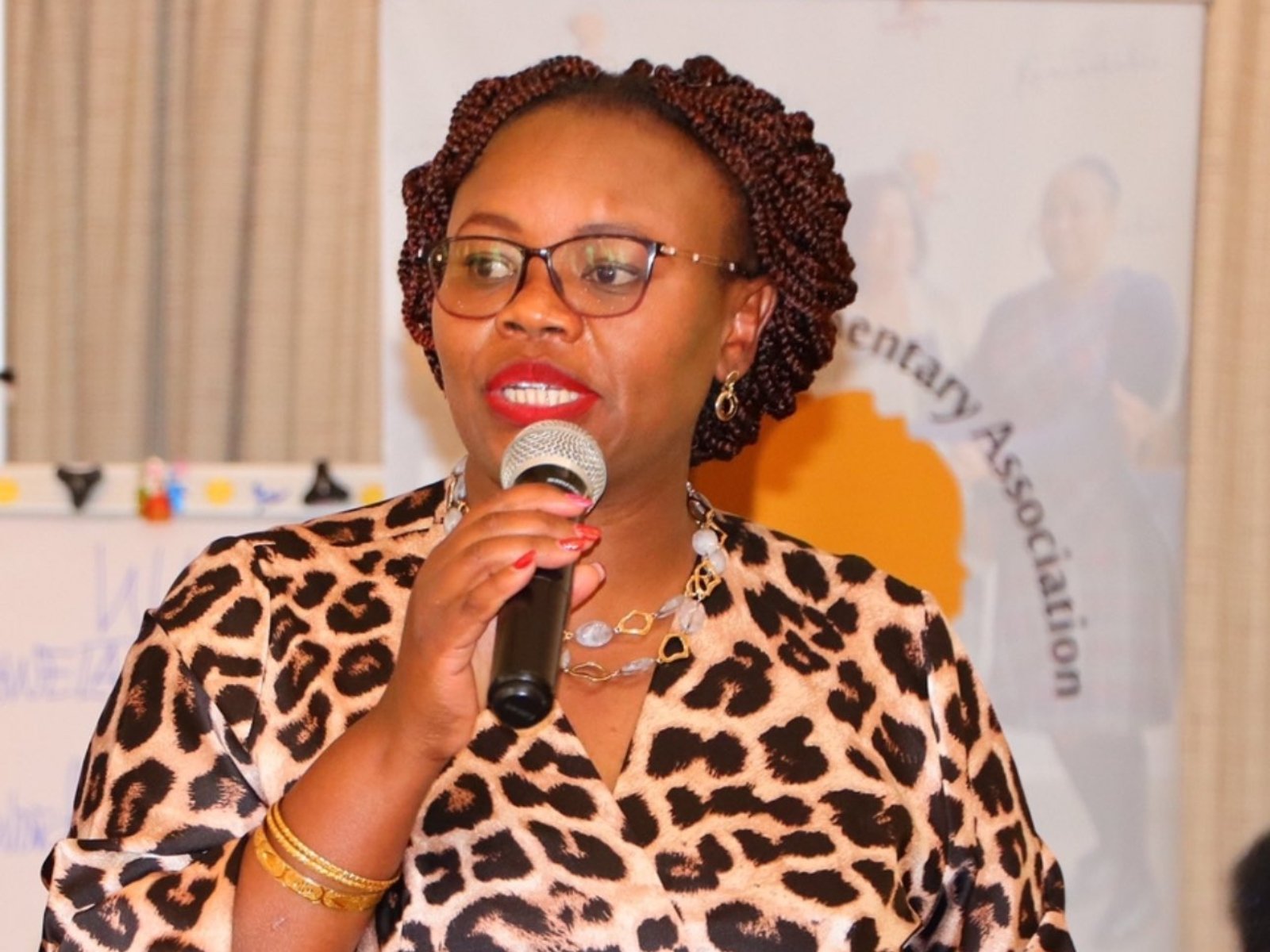Moment of truth as Building Bridges Initiative petition hearing starts

Antony Mwangi and Emeka-Mayaka Gekara
Invalidating the Building Bridges Initiative (BBI) by the High Court was dubbed as arguably the most consequential ruling since nullification of President Uhuru Kenyatta’s election victory in 2017.
That is why the country’s top political leaders will be following the four-day Appeal Court hearing on BBI which starts today with bated breath given its ramifications on their careers and likely alteration of the country’s governance structures.
Appeal Court President Daniel Musinga will preside over the seven-judge Bench that consists of Justices Roselyne Nambuye, Hannah Okwengu, Patrick Kiage, Gatembu Kairu, Fatuma Sichale and Francis Tuyoitt.
While President Uhuru Kenyatta has staked the BBI which proposes radical changes to the Constitution as his legacy, opposition leader Raila Odinga’s supporters see it as his remaining and most promising path to the presidency.
Both Uhuru and Raila expressed disappointment over the shock May 14, 2021, High Court ruling which declared the BBI “unconstitutional, null and void” and have deployed high-profile lawyers to overturn the decision.
The two Handshake partners have said that the initiative, which proposes, among others, expansion of the Executive arm of the government, would make the country’s politics more inclusive.
But BBI critics, notably Deputy President William Ruto and senior members of the civil society, say it is a selfish initiative to reward select political players, and that it will lead to a bloated Parliament and Executive which the country cannot afford.
Ruto, who celebrated the High Court decision, is primarily opposed to the project because he sees it as decidedly calculated to block his presidential ambitions.
Besides Uhuru, Raila and Ruto, the BBI case will certainly be watched closely by other political leaders and parties that have expressed interest in the presidency.
Wiper Democratic Movement leader Kalonzo Musyoka, Amani National Congress chief Musalia Mudavadi, Ford Kenya’s Moses Wetangula and influential second term governors such as Hassan Joho (Mombasa) and Kakamega’s Wycliffe Oparanya have been linked to some of the new positions to be created if BBI gets a court reprieve and is ratified by Kenyans at the anticipated referendum.
The BBI has proposed expansion of the Executive by creating the position of prime minister with two deputies as well nomination of ministers from both inside and outside Parliament, a structure that pundits say will make it easier to cobble up pre-election alliances.
Additional funds
Uhuru and Raila have been working together under the March 2018 Handshake deal which gave birth to BBI, which among other things, proposes additional funds to counties and creation of 70 new constituencies.
“My own reading of BBI is that it solves political issues for the President and his Handshake partners. The gains to the counties cannot be gainsaid. I doubt anyone would say No to resources.
To me BBI means a lot to this country, it should not be taken to be an agenda of the top leaders only,” Senate Minority Whip Mutula Kilonzo Junior said yesterday.
On the issue of second-term governors, Mutula said they “obviously have a window in the new arrangements.”
ODM party chairman John Mbadi cited the desire to ensure inclusivity in national governance as the main reason the Orange party was pushing for enactment of the Uhuru-Raila cohesion project.
“We believe that the current system of government where the President and a deputy wield all the power is not inclusive. That is the reason why my party leader wants BBI to go through,” Mbadi said.
“The zeal with which my party leader is pushing for BBI should not be seen to be out of desperation.
He means good for this country and that is the reason why he is pushing for a constitutional amendment that will see more communities involved in the management of the country,” Mbadi added.
“We are confident of a successful outcome from the Court of Appeal, if not we will go to the Supreme Court,” said the Suba South MP, who shared Mutula’s view that the initiative could hand second-term governors a lifeline through the new posts as well as first timers, who can hang onto BBI for re-election by claiming credit for fighting for additional resources to counties.
East African Legislative Assembly (EALA) member Oburu Oginga, who is Raila’s elder brother, has barely disguised the idea that the Handshake was the Orange party leader’s sure path to State House. Key political players are increasingly persuaded that Raila will be the Handshake candidate.
Oburu claimed that the only reason Raila lost elections in previous years despite having national support was because he lacked support of the so-called Deep State that influences politics behind the scenes.
“Why haven’t we gone to State House despite winning, this is because there was something we were missing. It is the system.
“System is very important and now we are with Uhuru Kenyatta, who is holding the system,” he said.
This is a signal that for a politician who has defied huge odds in the past, a judgment by the Appeal Court rejecting the initiative will be a major political setback for Raila, who is hoping to use BBI wave to launch his fifth presidential bid.
While acknowledging that the initiative was a critical pillar in their 2022 game plan, Jubilee Party deputy secretary General Joshua Kutuny told People Daily that the party was not pegging all its hopes on BBI, adding that other options were being explored.
“Although BBI means a lot to Kenyans in terms of inclusivity and cohesion, Jubilee Party is considering other options including forming coalitions with like-minded parties. We are not desperate for the BBI to pass,” said the Cherangany MP.
Kutuny added that discussions with several parties were already in the works and Kenyans should not be deceived that without the BBI, all was lost.
But Ruto, who perceives Raila as his main opponent in the 2022 polls, thinks that if passed, BBI could be used to create “tribal alliances” aimed at taming his presidential ambitions.
The DP took to social media to celebrate the High Court decision declaring the project illegal.
“There is God in heaven who loves Kenya immeasurably,” Ruto tweeted after the ruling.
Selfish political agenda
Ruto’s ally and Kikuyu MP Kimani Ichungw’a said BBI was meant to push a selfish political agenda and that its promoters were desperate to have it passed at all costs.
“The desperation is palpable and that only serves to inform the country that BBI was never about the country or the people.
It was and remains to be a political coalition building card for the benefit of an elitist political class.
We ought to focus on strengthening the electoral process and systems to ensure elections are devoid of uncertainty,” said the MP.
Prof Macharia Munene, a professor of History and International Relations at the United States International University in Nairobi, argues that Uhuru and Raila had staked their legacies on the BBI project.
“This is the reason why they are pushing courts to overturn the decision by the High Court.
You heard Raila talking over the weekend as if the matter has already been determined by the Court of Appeal. BBI means too much to him, the reason why he is pushing the court to rule in their favour,” Munene said.
The case will also offer a major test to the Independent Electoral and Boundaries Commission (IEBC) which the High Court declared illegal and issued an order that it should not conduct any referendum on the BBI.
The High Court had ruled that the commission was improperly constituted and that Uhuru can be sued while in office.
In the ruling, the judges said the President had violated the Constitution by initiating a process which ought to have been started by ordinary citizens.
They also ruled that the BBI task force, a body created by the President, was illegal, adding that Uhuru had failed the leadership and integrity test.
They warned that the President could be sued in his personal capacity, a position his lawyers will be fighting in court starting today.









